emptiness
Teachings on the core of Buddhist philosophy: that persons and phenomena are ultimately empty of inherent existence because they are dependent arisings. This is the most powerful antidote that eliminates the ignorance and afflictions that give rise to suffering.
Latest Posts
View all posts in Venerable Thubten Chodron's teaching archive.
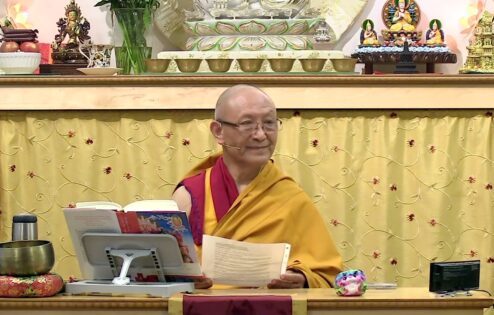
Primordially pure awareness
Explaining the meaning of "primordially pure" and our need to interweave the understanding of emptiness…
View Post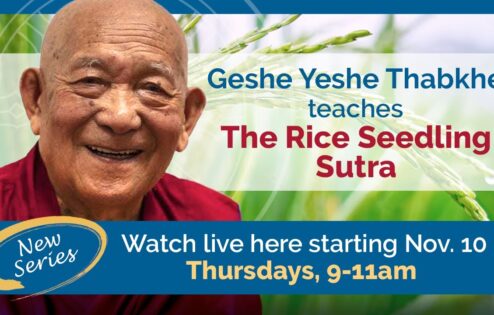
Proponents of dependent arising
Geshe Yeshe Thabkhe explains how various Buddhist tenet schools assert dependent arising, and how this…
View Post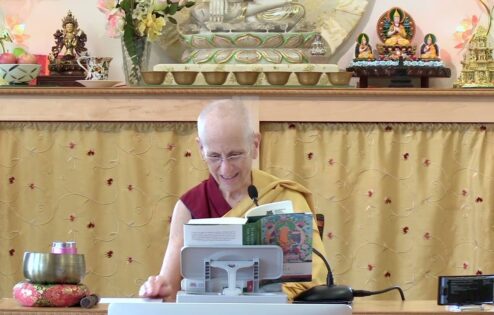
The importance of realizing emptiness
Why emptiness is the antidote to ignorance and the path to peace.
View Post
Different positions on dependent arising
Geshe Yeshe Thabkhe explains how phenomena are established in dependence.
View Post
We must cherish living beings more than buddhas
Geshe Yeshe Thabkhe explains why cherishing sentient beings pleases the Buddha the most.
View Post
Views of various religions asserting a divine creator
Geshe Yeshe Thabkhe explains the views of various religions asserting a divine creator.
View Post
The thoughts and deeds of those who do not assert a ...
Geshe Thabkhe continues the section “The Thought and Deeds of Those Who Do Not Assert…
View Post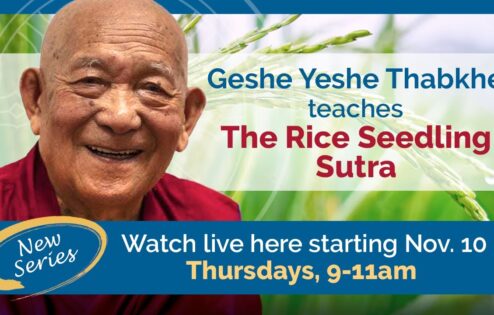
Doubting the existence of a divine creator
Geshe Yeshe Thabkhe explains refutations of various arguments about the existence of a divine creator.
View Post
Analysis of the nature of a divine creator
Geshe Yeshe Thabkhe explains how to analyze the nature of a divine creator.
View Post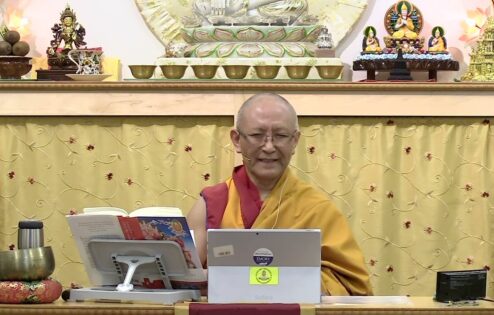
Nature of the mind
Explaining how the nature of the mind is free from pollutants, such that good qualities…
View Post
Analyzing reasons for a divine creator
Geshe Yeshe Thabkhe explains how to analyze reasons for the existence of a divine creator.
View Post